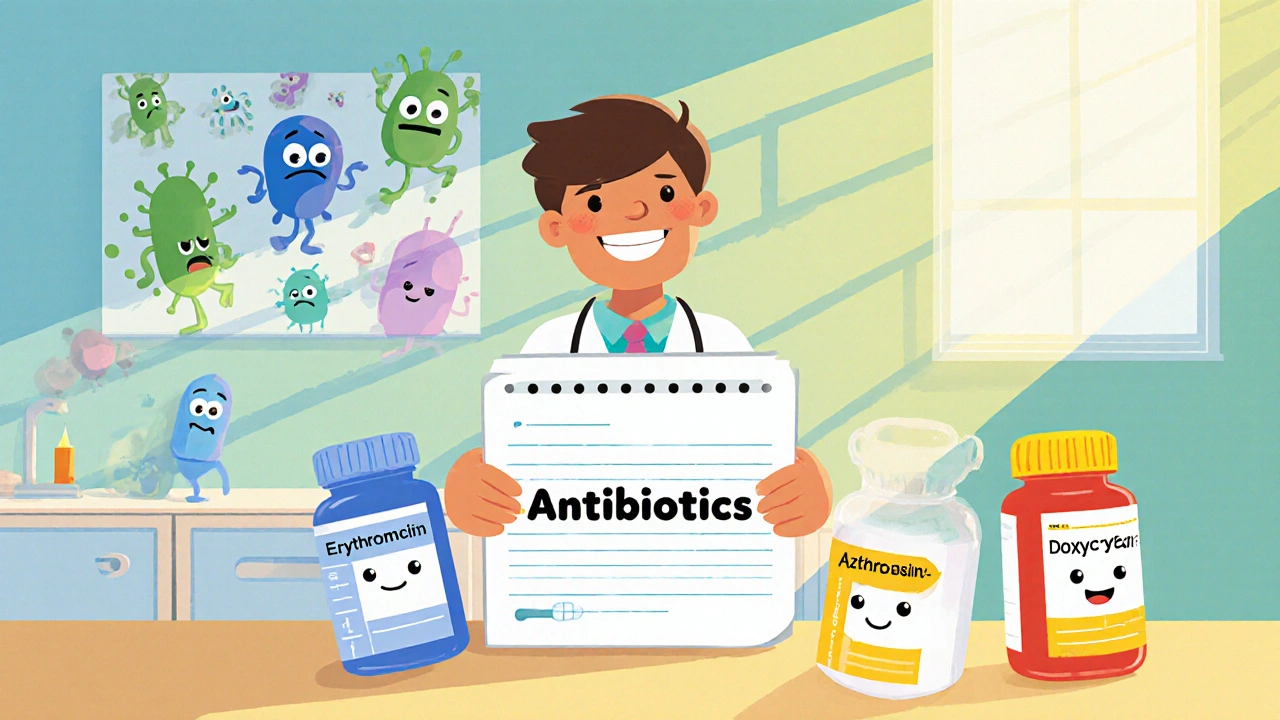Side effects: what to expect and what to do
Side effects are part of taking medicine — some are mild and expected, others need quick action. This page helps you spot common problems, reduce risk, and know when to call a doctor. No jargon, just clear steps you can use right away.
Know the usual suspects
Different drug types have typical side effects you should watch for. For example: NSAIDs (like ibuprofen or indomethacin) can cause stomach pain, heartburn, bleeding, and kidney issues. Antibiotics such as ciprofloxacin may cause nausea, diarrhea, and in rare cases tendon pain or nerve problems. Diabetes drugs like pioglitazone can lead to fluid retention and weight gain. Colchicine often causes diarrhea and stomach upset. Isoniazid, used for TB, can cause liver irritation and peripheral neuropathy.
Supplements and “natural” products aren’t always harmless. Things like perilla, shark liver oil, or essential oils can interact with prescriptions or cause allergic reactions. If you use supplements, tell your prescriber.
Easy steps to reduce risk
1) Read the leaflet. It lists common and serious side effects. Don’t skip it. 2) Start slow when your doctor suggests it and report anything odd in the first days or weeks. 3) Avoid mixing meds without checking: over-the-counter painkillers, herbal products, and alcohol can change how drugs work. 4) Keep a list of all medicines and show it at every appointment.
Some side effects need immediate care: difficulty breathing, swelling of face or throat, severe rash, fainting, chest pain, sudden weakness, or severe abdominal pain. For less urgent but worrying signs — new muscle pain, persistent diarrhea, yellowing skin, or new mood changes — call your provider and ask whether you should stop the drug or get tests.
Monitoring matters. Certain meds require blood tests or periodic checks. Isoniazid and some diabetes drugs need liver monitoring. Bone drugs like alendronate have timing rules and interactions that lower effectiveness. Ask which tests you’ll need and set reminders.
Buying meds online adds another layer of risk. Use trusted pharmacies, verify a prescription requirement, and avoid sites that sell controlled drugs without a doctor’s approval. Fake products can cause unexpected side effects because they may contain wrong ingredients or impurities. Our site reviews and guides cover how to buy safely — check posts like “How to Safely Buy Isoniazid Online” or “How and Where to Buy Motrin Online” for practical tips.
Reporting side effects helps everyone. You can tell your doctor and report serious reactions to national safety agencies — that helps spot dangerous trends. Keep records: dates, symptoms, doses, and photos if you have a rash or swelling.
If you want quick reads on specific drugs and their risks, browse our related articles about colchicine, indomethacin, pioglitazone, and common antibiotic alternatives. Those posts give drug-specific side effect lists and what to watch for in daily life.
Got concerns about a medicine you're taking right now? Contact your healthcare provider or pharmacist. If symptoms look dangerous, seek emergency care. Staying informed and prepared keeps you safer.

DailyMed Navigation: How to Find Up-to-Date Drug Labels and Side Effects
DailyMed is the official FDA source for up-to-date drug labels and side effects. Learn how to search for medications, find adverse reactions, and verify the most current safety information with step-by-step guidance.

Erythromycin vs Alternatives: Which Antibiotic Is Best for You?
A clear, 1500‑word guide comparing erythromycin with azithromycin, clarithromycin, clindamycin and doxycycline, covering uses, dosage, side effects and how to choose the right antibiotic.

Cefixime: Uses, Dosage, Side Effects & Buying Guide 2025
Learn what Cefixime does, how to take it safely, common side effects, drug interactions, and where to get it affordably in 2025.

Actos: Diabetes Medication Uses, Side Effects, and Patient Tips
Actos, also known as pioglitazone, is a popular treatment for type 2 diabetes. This article explains how Actos works, explores common side effects, shares real-life advice from patients, and offers practical tips for safe use. Learn about drug interactions, long-term concerns, and ways to make diabetes management feel a little less overwhelming. Get an inside look at what to expect if your doctor mentions Actos.

Abilify: Side Effects, Uses & Personal Stories About Aripiprazole
This article unpacks everything you want to know about Abilify (aripiprazole), from its medical uses to side effects, dosing, and real-life results. Find clear explanations, surprising facts, and practical tips for anyone considering this medication. Understand what sets Abilify apart in the world of mental health treatment, plus a look at data and real stories. Written by Cassius with a human touch and zero stuffiness.

The Impact of Nortriptyline on Heart Health
As a blogger, I've recently come across some crucial information regarding the impact of Nortriptyline on heart health. It appears that Nortriptyline, a commonly prescribed tricyclic antidepressant, may have some negative effects on our cardiovascular system. Research has shown that it can cause irregular heartbeats, increase blood pressure, and even lead to life-threatening consequences in some cases. However, it's important to remember that not everyone will experience these side effects, and your doctor will consider your overall health before prescribing Nortriptyline. I highly recommend speaking with your healthcare provider to discuss any concerns you may have regarding this medication and your heart health.
